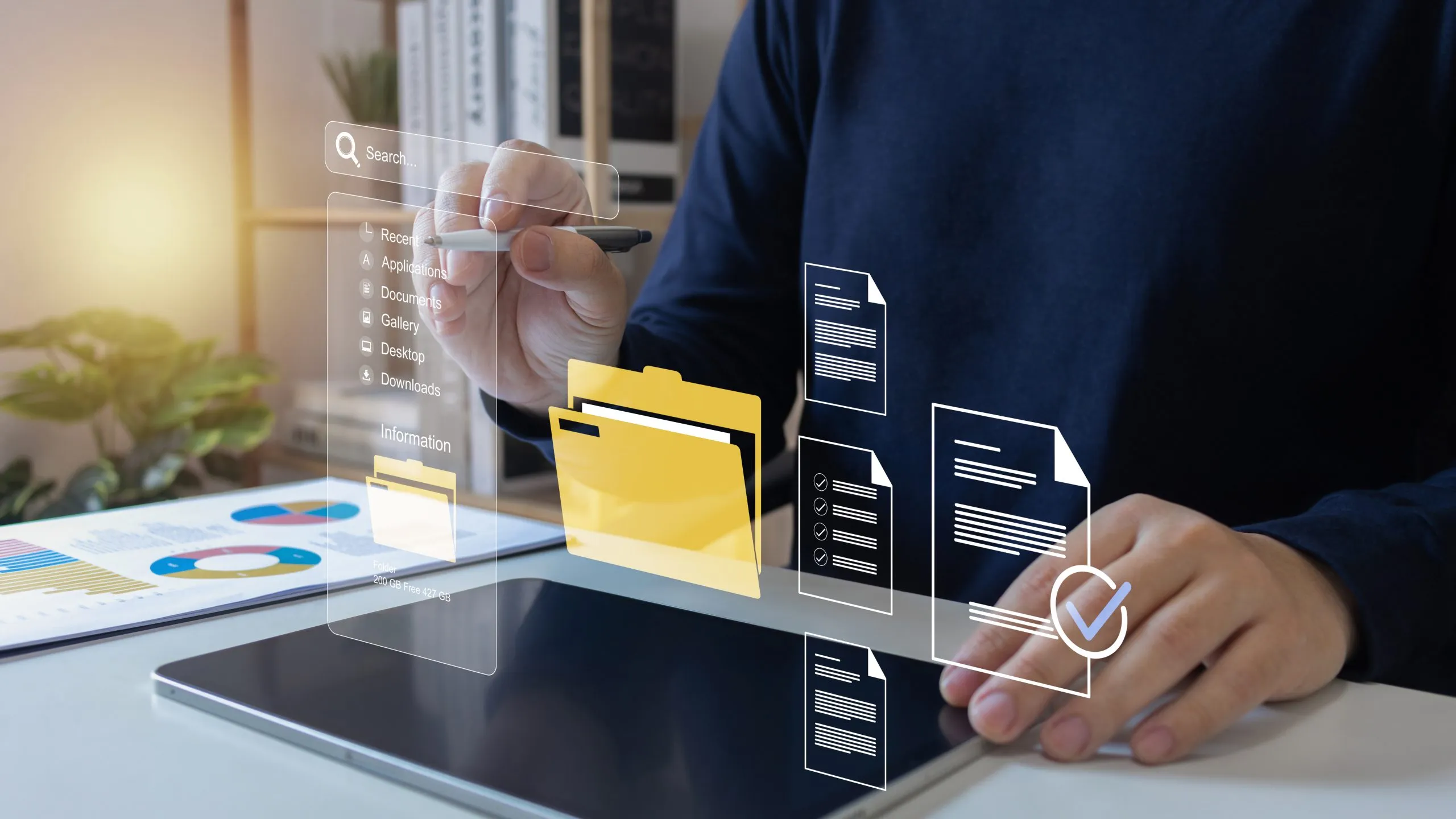The use of technology for case management by court-appointed receivers can greatly enhance efficiency,
transparency, and effectiveness. Here are some examples of how technology can be utilized:
› Case Management Software: Specialized software can help receivers manage cases by organizing documents, tracking deadlines, and maintaining case related notes and activity logs. These platforms include features for asset management, task management, creditor information management, automated reminders, and secure data storage.
› Electronic Document Management: Digital tools for scanning, storing, and retrieving documents ensure that all necessary paperwork is easily accessible and securely stored. Tagging is a powerful technique for managing and organizing documents within your cases, it’s particularly handy when dealing with large volumes of content. This reduces the risk of lost documents and improves overall efficiency.
› Financial Management Tools: Receivers often need to manage financial accounts, track expenses, defendant restitution information, creditor claims and other case specific elements where tracking and reporting is required. Financial management software can automate these processes, ensuring accurate and timely claimant data, fund distribution activity and general financial oversight.
› Time and Expense Records: Case management software can include support for compensation and reimbursement needs through comprehensive time and expense tracking features. This enables the generation of both standard and customizable reports and invoices, ensuring documentation that can withstand scrutiny from cost-conscious courts and interested parties.
› Data Analytics and Reporting: Technology can provide real-time analytics and reporting capabilities, helping receivers monitor the status of assets, track performance metrics, and generate comprehensive reports for the court.
› Communication Platforms: Tools like Microsoft Teams or secure messaging apps facilitate communication between the receiver, professionals that are assisting, and other stakeholders. Maintaining a record of important discussions conducted via such applications provides support for reporting and for preparing other relevant documentation. This ensures that everyone is kept informed and can collaborate effectively.
› Virtual Meetings and Teleconferencing: Likewise, virtual meeting tools enable receivers to conduct meetings with stakeholders, clients, and court officials without the need for physical presence. This is especially useful for managing cases across different locations.
› Security and Compliance: Technology solutions often come with built-in security features to protect sensitive information, including PII, and ensure compliance with legal and regulatory requirements. This includes encryption, access controls, and audit trails.
By integrating these technologies, court-appointed receivers will streamline their workflows, enhance transparency, and improve the management of cases, assets and creditor interactions. Technology evolves constantly: make it a habit to periodically check in with your vendors to stay updated on the latest features and enhancements. Contact a Verita team member to discuss how our software can support your needs.
Your Verita Team
Rebecca DeGroot
Executive Vice President
Jason Eder
Executive Vice President
Michelle Salazar-Rosenbloom
Senior Managing Director
Adam Toelkes
Director


